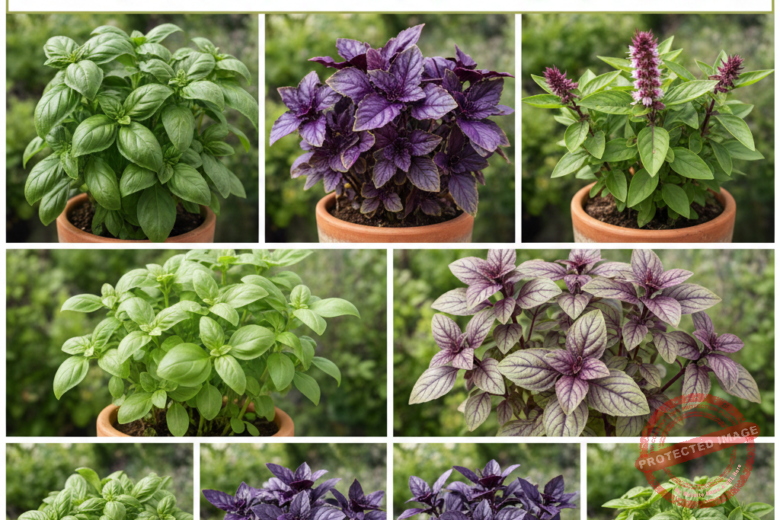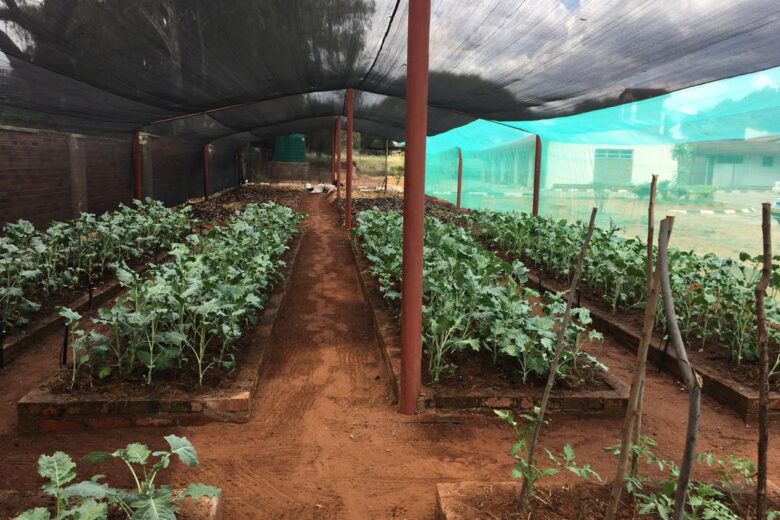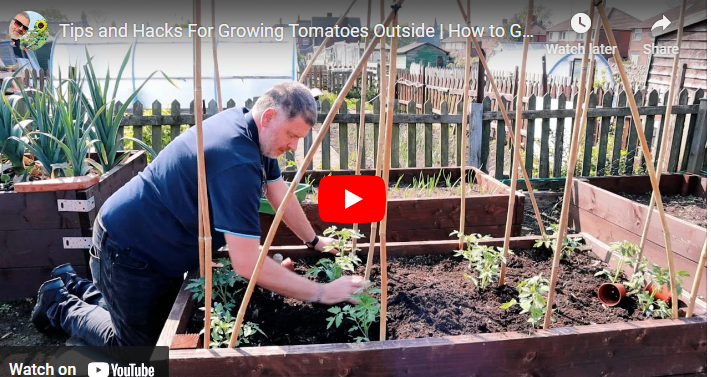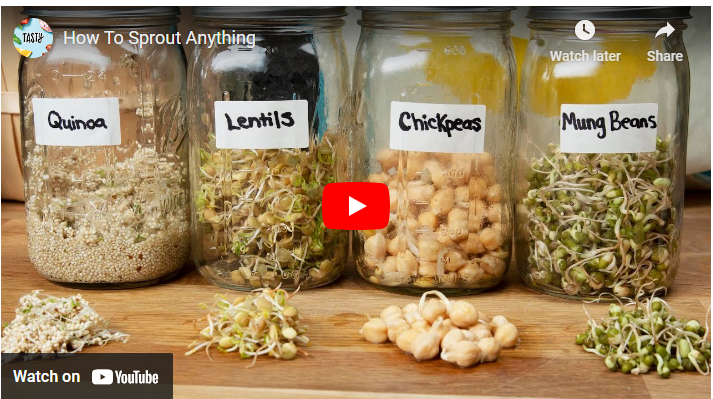Brussels sprouts are nutritious and delicious vegetables that can be grown in your own backyard. If you’re in Australia and want to cultivate your own fresh Brussels sprouts, this step-by-step guide will help you get started.
To grow Brussels sprouts in Australia, choose a location with full sun and well-draining soil. Plant the seedlings, provide regular watering and fertilization, and protect the plants from extreme temperatures. Harvest the mature sprouts from the bottom of the stalk upwards, ensuring a steady supply of fresh Brussels sprouts throughout the season.
From choosing the right variety to harvesting and storing the sprouts, we’ll cover everything you need to know to grow healthy plants and enjoy a bountiful harvest.
How to Grow Brussel Sprouts in Australia: A Step-by-Step Guide
1. Choosing the Right Variety
Before you begin, it’s essential to select a variety of brussel sprouts that is suitable for the Australian climate. Look for varieties that are known to thrive in cooler temperatures and can handle the specific conditions in your region. Some popular choices include ‘Long Island Improved,’ ‘Diablo,’ and ‘Rubine.’
2. Preparing the Soil
Brussel sprouts prefer well-drained soil rich in organic matter. Prepare the soil by removing any weeds or debris and loosen it with a garden fork or tiller. Incorporate compost or well-rotted manure to improve the soil’s fertility and structure. Aim for a pH level between 6.0 and 7.5, which is optimal for brussel sprout cultivation.
3. Planting Brussel Sprouts
Brussel sprouts are best grown from seedlings, which can be purchased from nurseries or started indoors. Start the seeds indoors in trays or pots about 6-8 weeks before the last frost date in your area. Once the seedlings have developed a few sets of true leaves, transplant them into your prepared garden bed, spacing them around 24-30 inches apart.
4. Providing Adequate Water
Brussel sprouts require consistent moisture to thrive, especially during the hot and dry Australian summers. Water the plants deeply, ensuring the soil is moist but not waterlogged. Aim for about 1 inch of water per week, either through rainfall or irrigation. Mulching around the plants can help conserve moisture and suppress weed growth.
5. Fertilizing the Plants
To promote healthy growth and development, feed your brussel sprouts with a balanced fertilizer. Apply a slow-release fertilizer or incorporate well-rotted compost into the soil before planting.
Also, you can side-dress the plants with nitrogen-rich fertilizers a few times during the growing season. Be sure to follow the package instructions and avoid over-fertilization, which can lead to excessive leaf growth and fewer sprouts.
6. Controlling Pests and Diseases
Brussel sprouts are susceptible to certain pests and diseases, including aphids, caterpillars, and fungal infections. Monitor your plants regularly and take necessary measures to control these issues. Use organic pest control methods, such as introducing beneficial insects or applying neem oil. Proper spacing between plants and good airflow can also help prevent diseases.
7. Harvesting Brussel Sprouts
Harvesting brussel sprouts requires patience as the sprouts develop over time. Start harvesting when the sprouts reach about 1-1.5 inches in diameter. To harvest, twist or cut the sprouts off the stalk, starting from the bottom. Leave the upper leaves intact as they will continue to provide nourishment to the developing sprouts.
8. Storing and Using Brussel Sprouts
Freshly harvested brussel sprouts can be stored in the refrigerator for up to a week. Remove any damaged or yellowing outer leaves before storing. If you have a surplus of sprouts, consider blanching and freezing them for long-term storage. Brussel sprouts can be cooked in various ways, such as roasting, steaming, or stir-frying, and make a delicious addition to salads, soups, and side dishes.
Can brussel sprouts tolerate hot weather in Australia?
Brussel sprouts prefer cooler temperatures but can tolerate mild heat. However, excessive heat can affect their growth and flavor. It’s best to grow them during the cooler seasons or in areas with milder climates.
How long does it take for brussel sprouts to mature?
On average, brussel sprouts take about 90 to 100 days to reach maturity after transplanting. However, the exact time may vary depending on the variety and growing conditions.
What can I do to prevent aphid infestation on my brussel sprouts?
To prevent aphid infestation, you can introduce beneficial insects like ladybugs or lacewings to your garden. Additionally, spraying a solution of soapy water or neem oil can help deter aphids from settling on your plants.
Can I grow brussel sprouts in containers?
Yes, brussel sprouts can be grown in containers as long as the containers are large enough to accommodate their extensive root system. Choose a deep container with a minimum size of 5 gallons and ensure proper drainage.
Can I eat the leaves of brussel sprouts?
While the sprouts are the main edible part of brussel sprouts, the leaves are also edible. They can be used in salads, stir-fries, or cooked like other leafy greens. However, the leaves may have a stronger and slightly bitter flavor compared to the sprouts.
Conclusion
Growing brussel sprouts in Australia is an enjoyable and rewarding experience. By following the step-by-step guide outlined above, you can cultivate healthy plants and savor the taste of homegrown brussel sprouts. Remember to choose the right variety, prepare the soil adequately, provide consistent water and fertilizer, and address any pest or disease issues promptly. With patience and care, you’ll be able to enjoy a bountiful harvest of fresh brussel sprouts.



